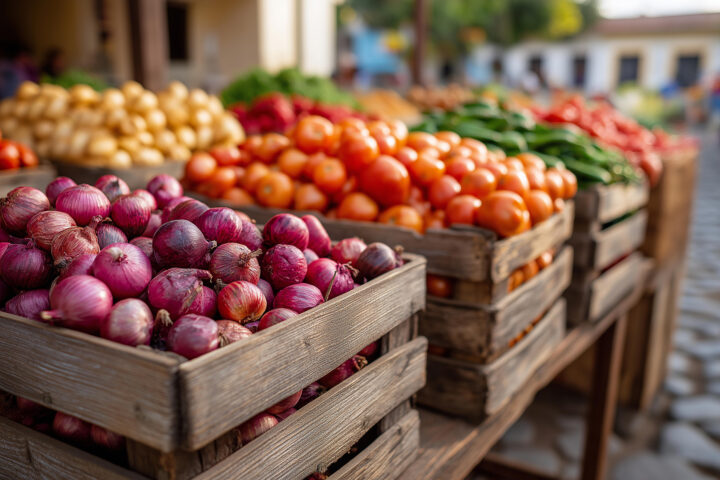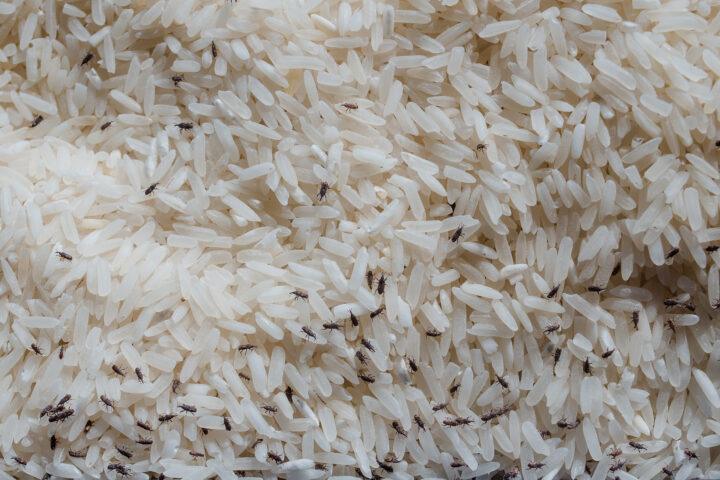
Class action lawsuit over pesticide ban
A proven seed dressing may no longer be used due to a decision of the European Court of Justice. As a result, the pumpkin harvest in Styria, Austria, has been almost completely destroyed. The affected farmers now want to go to court with a class action lawsuit. They are demanding compensation for the crop losses.
Friday, July 7, 2023
Styria in Austria is known for its pumpkin cultivation. Oil pumpkins are mainly grown for the production of pumpkin seed oil. This year, however, Styrian farmers are facing a disaster. The wet and cold weather in the spring has affected the delicate pumpkin seed. In May, the Austrian Broadcasting Corporation was still forecasting crop losses of up to 50 percent. As the "Kronen Zeitung" writes, 6600 hectares of the 8000 hectares on which pumpkins were grown in Styria are now damaged. A food loss unprecedented.
Proven fungicide banned
However, the blame for the enormous crop failures is by far not only the bad weather. Until last year, the Styrian pumpkin seeds were always treated with a proven seed dressing. The sensitive pumpkin seeds could thus be protected from fungal and pest attack in the field. Due to a ruling by the European Court of Justice, the active ingredient Metalaxyl-M could no longer be used this year. The substitute product had little effect in the fields. A large proportion of the pumpkin seeds sown did not germinate.
Farmers lack more and more tools
As reported by the "Kronen Zeitung", the affected pumpkin farmers feel abandoned by the politicians. One farmer tells the newspaper, "We small farmers are being pushed further and further into a corner where sooner or later we won't be able to produce at all." For the affected farmers, it is clear that the switch to a new seed dressing is responsible for the crop failures. They want to be able to use the old and proven crop protection agent again. But for many, this is not enough.
Farmers consider class action lawsuit
The affected farmers want to be compensated for the harvest losses and are considering going to court with a class action lawsuit. Pumpkin farmer Hannes Papst told the "Kronen Zeitung" newspaper: "After all, livelihoods are at stake. It can't be that everyone just brushes themselves off and we're left sitting on our damages." The story shows once again: agriculture cannot be done from an office chair. There must be cooperation with the practitioners - i.e. the farmers. Otherwise, the profession threatens to become unattractive to the next generation. "Our young people need predictability and reliability, otherwise no one will take over our farms anymore," says a concerned pumpkin farmer.
Sources
Kindly note:
We, a non-native editorial team value clear and faultless communication. At times we have to prioritize speed over perfection, utilizing tools, that are still learning.
We are deepL sorry for any observed stylistic or spelling errors.
Related articles

Why cutting out synthetic pesticides will reduce food production
The UK’s action plan to reduce pesticide use could backfire, warns agronomist Greg Dawson: overly strict regulations may make domestic farming unprofitable – and increase the United Kingdom’s dependence on imports.

Approval studies for plant protection products are science-based
The approval of plant protection products in Switzerland is subject to strict legal requirements. Ultimately, this approval process is based on scientifically sound studies. These studies are financed by manufacturers, but they must comply with clearly defined governmental requirements and controls. The aim is to ensure reliability and independence.

Grain beetle eats its way through Swiss grain stores
The grain beetle is spreading in Swiss grain stores. Introduced via international trade, it threatens harvests and impairs food quality.

New problem: soft bugs, native pests discover fruit and vegetables
Soft bugs are spreading at lightning speed in fields and greenhouses in southern Germany. These pests are destroying fruit and vegetables and pushing agriculture to its limits. Effective plant protection products must be found urgently to safeguard harvests.

